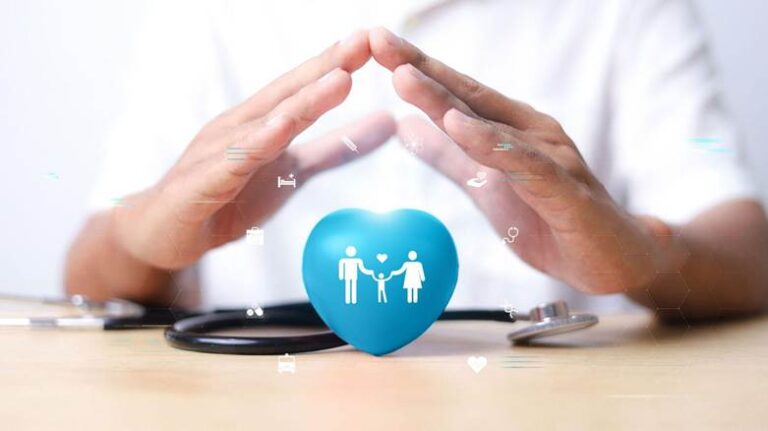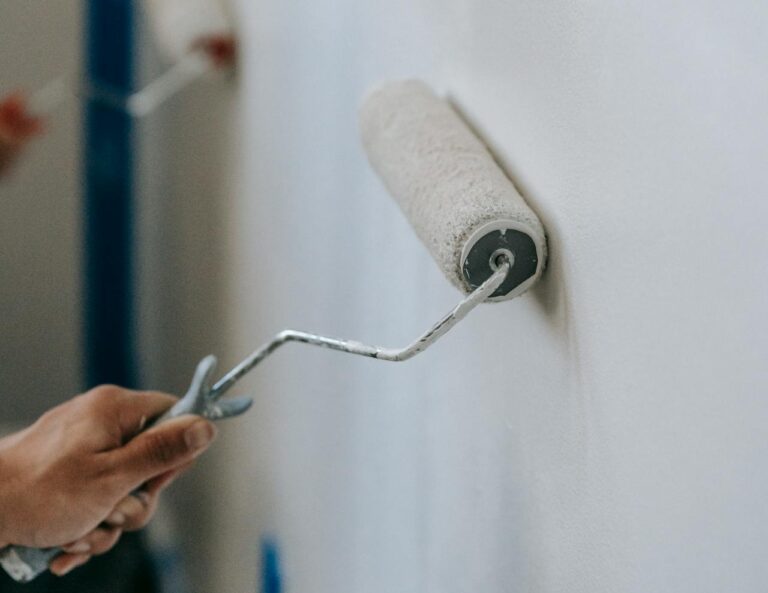
Personal, Social, Health, and Economic (PSHE) education plays a crucial role in the overall development of young people. These lessons aim to provide students with the knowledge, skills, and values they need to navigate the challenges of modern life. While academic success is important, the focus on emotional intelligence, social skills, and personal well-being has never been more critical. PSHE lessons create a supportive environment where students can explore these areas, helping to foster their personal growth and equip them with the tools to lead fulfilling lives.
Building Emotional Resilience
One of the key benefits of PSHE lessons is the opportunity for students to develop emotional resilience. Life is full of challenges and young people, in particular, often face difficulties related to peer pressure, self-esteem, and mental health. PSHE lessons provide a safe space for discussions around these sensitive topics, encouraging students to express their emotions and seek help when needed. By fostering open conversations, these lessons help students understand that it’s okay to feel vulnerable and that emotional well-being is something that can be nurtured and strengthened over time.
Teaching emotional resilience through PSHE allows students to develop coping strategies. Whether it’s learning how to manage stress or dealing with setbacks, these lessons help students become more self-aware and emotionally intelligent. This, in turn, enhances their ability to handle the ups and downs of life, reducing the risk of long-term mental health issues.
Fostering Positive Relationships
Healthy relationships are a cornerstone of personal well-being, and PSHE lessons place a strong emphasis on this area. Students are taught the value of respect, empathy, and communication, all of which are essential for building and maintaining positive relationships. These lessons cover a range of relationship dynamics, including friendships, family, and romantic relationships, helping students understand what healthy connections look like.
Through discussions and role-playing activities, students learn how to resolve conflicts, set boundaries and develop mutual respect. These skills are not only valuable in their personal lives but also translate into their future professional and social interactions. By teaching students the importance of empathy and understanding, PSHE lessons contribute to creating a more compassionate and respectful society.
Developing Critical Life Skills
Another essential aspect of PSHE lessons is the focus on practical life skills. While traditional subjects like mathematics and science equip students with academic knowledge, PSHE lessons prepare them for real-world challenges. Topics such as financial literacy, career planning, and decision-making are often covered, helping students develop a more holistic understanding of the world around them.
For example, students may learn about budgeting, saving, and managing finances responsibly, which are crucial skills as they enter adulthood. PSHE lessons also encourage young people to think critically about their future career paths, helping them set realistic goals and make informed choices. This type of education helps bridge the gap between academic learning and practical life experiences, ensuring students are better prepared for the complexities of adult life.
Promoting Mental and Physical Well-Being
Mental and physical health are two sides of the same coin, and PSHE lessons strive to promote both. Students are encouraged to adopt healthy lifestyle habits, such as regular exercise, balanced nutrition, and sufficient sleep. Additionally, they learn about the importance of mental health care and the various strategies available to support their emotional well-being.
By addressing topics like anxiety, depression, and stress management, PSHE lessons help reduce the stigma surrounding mental health issues. Students are given the tools and knowledge to recognize when they or others might need help, and they are introduced to resources for seeking support. This proactive approach can significantly reduce the risk of students developing long-term health problems, both physical and mental.
Also Read: From Baby Steps to Milestones: How to Foster Your Child’s Growth and Development
Creating a Supportive School Environment
Finally, PSHE lessons play a key role in creating a more inclusive and supportive school culture.These lessons encourage diversity, tolerance, and acceptance, teaching students about different cultures, beliefs, and lifestyles. By promoting an understanding of the wider world, students become more open-minded and respectful of others’ perspectives.
This sense of community fosters a school environment where everyone feels valued and accepted. When students feel safe and supported, they are more likely to thrive academically and personally. PSHE lessons, therefore, not only benefit individual students but also contribute to a positive and inclusive school atmosphere that supports the well-being of all.
PSHE lessons are far more than just a curriculum requirement. They are essential in shaping young people’s emotional, social, and practical development. By focusing on emotional resilience, positive relationships, life skills, and well-being, these lessons prepare students for the many challenges they will face throughout life. Investing time and effort into PSHE ensures that students leave school equipped not only with academic knowledge but also with the tools to lead fulfilling, balanced, and healthy lives.








